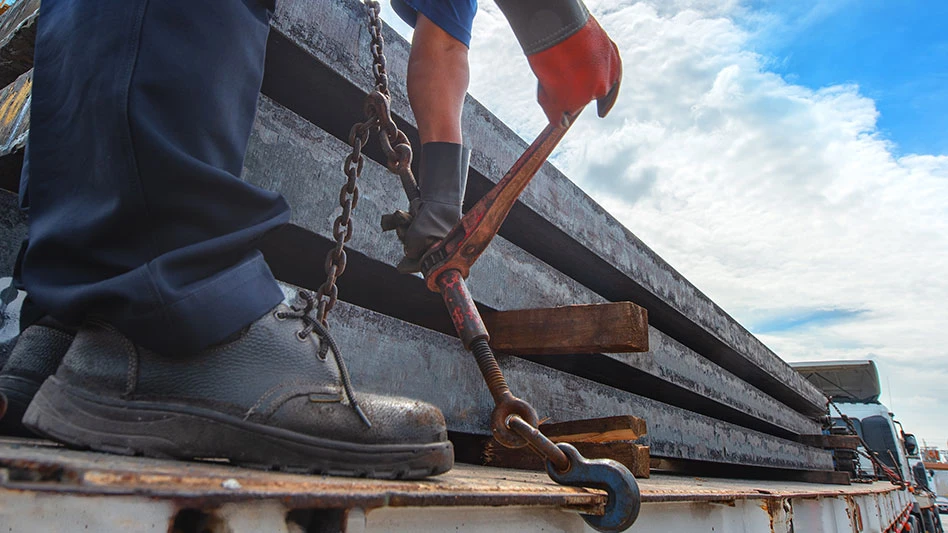
ID_Anuphon | stock.adobe.com
In addition to announcing a melt and pour rule for aluminum imports into Mexico and increasing the duty rate for imports of aluminum that are products of Mexico but contain aluminum that was melted or cast in China, Russia, Belarus or Iran, the Biden administration announced a similar rule for steel imports from Mexico that are melted and poured in a country other than Mexico, Canada, or the United States. Imports of steel that are products of Mexico will be exempt from the duty provided if the steel was melted and poured in Mexico, Canada or the United States.
The July 10 announcement was welcomed by the American Iron and Steel Institute (AISI) and the Steel Manufactures Association (SMA), both based in Washington.
AISI President and CEO Kevin Dempsey issued a statement that reads: “AISI welcomes President Biden’s action to require that only those steel imports from Mexico that were melted and poured in North America may receive duty-free treatment under Section 232. This important change is intended to close a loophole in the Section 232 program that has allowed steel made outside of North America to evade the steel tariffs by being shipped to Mexico for further processing before being exported to the United States.”
However, he cautions that the reform can only be effective if Mexico ensures accurate and complete information on the country of melt and pour of its steel imports and exports is collected and made available to U.S. officials.
“We urge the U.S. government to continue to press for additional actions to address the many schemes by steel traders to circumvent and evade U.S. trade laws, and to ensure this new arrangement is vigorously and fully enforced,” Dempsey adds.
SMA President Philip K. Bell says the announcement was the result of years of hard work by the Office of the U.S. Trade Representative.
“We are pleased that Ambassador Tai and her team negotiated an agreement that benefits domestic steel companies and workers while improving the trade relationship between the United States and Mexico," he says. "We appreciate USTR’s leadership, tenacity, and transparency with the steel industry throughout the process.”
Under the agreement Mexico reached with the U.S, it agrees to raise tariff rates on steel exports into Mexico from countries without free trade agreements.
“These are two important steps that SMA members have long advocated for and are critical to stopping unfairly traded steel crossing our border from Mexico,” Bell says. “We stand with the administration and hope for continued engagement between our two countries to enforce today’s agreement and continue work that prevents import surges.”
Latest from Recycling Today
- BMW Group, Encory launch 'direct recycling’ of batteries
- Loom Carbon, RTI International partner to scale textile recycling technology
- Goodwill Industries of West Michigan, American Glass Mosaics partner to divert glass from landfill
- CARI forms federal advocacy partnership
- Monthly packaging papers shipments down in November
- STEEL Act aims to enhance trade enforcement to prevent dumping of steel in the US
- San Francisco schools introduce compostable lunch trays
- Aduro graduates from Shell GameChanger program





